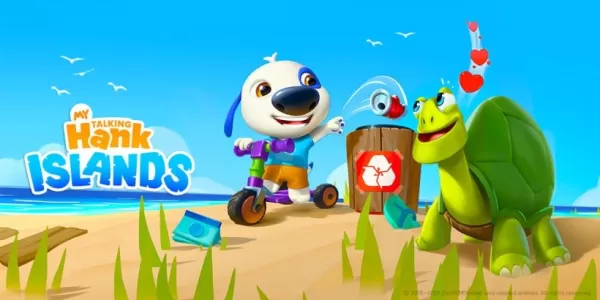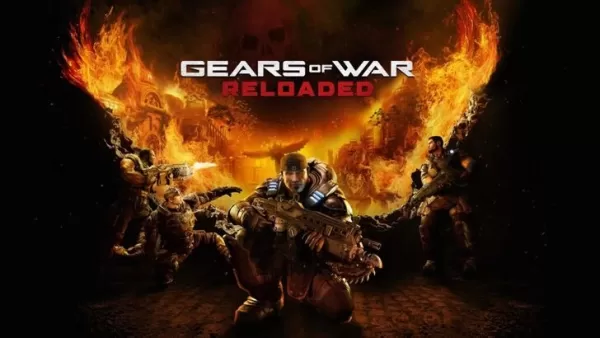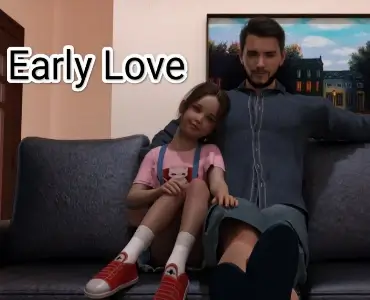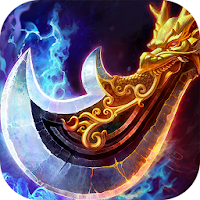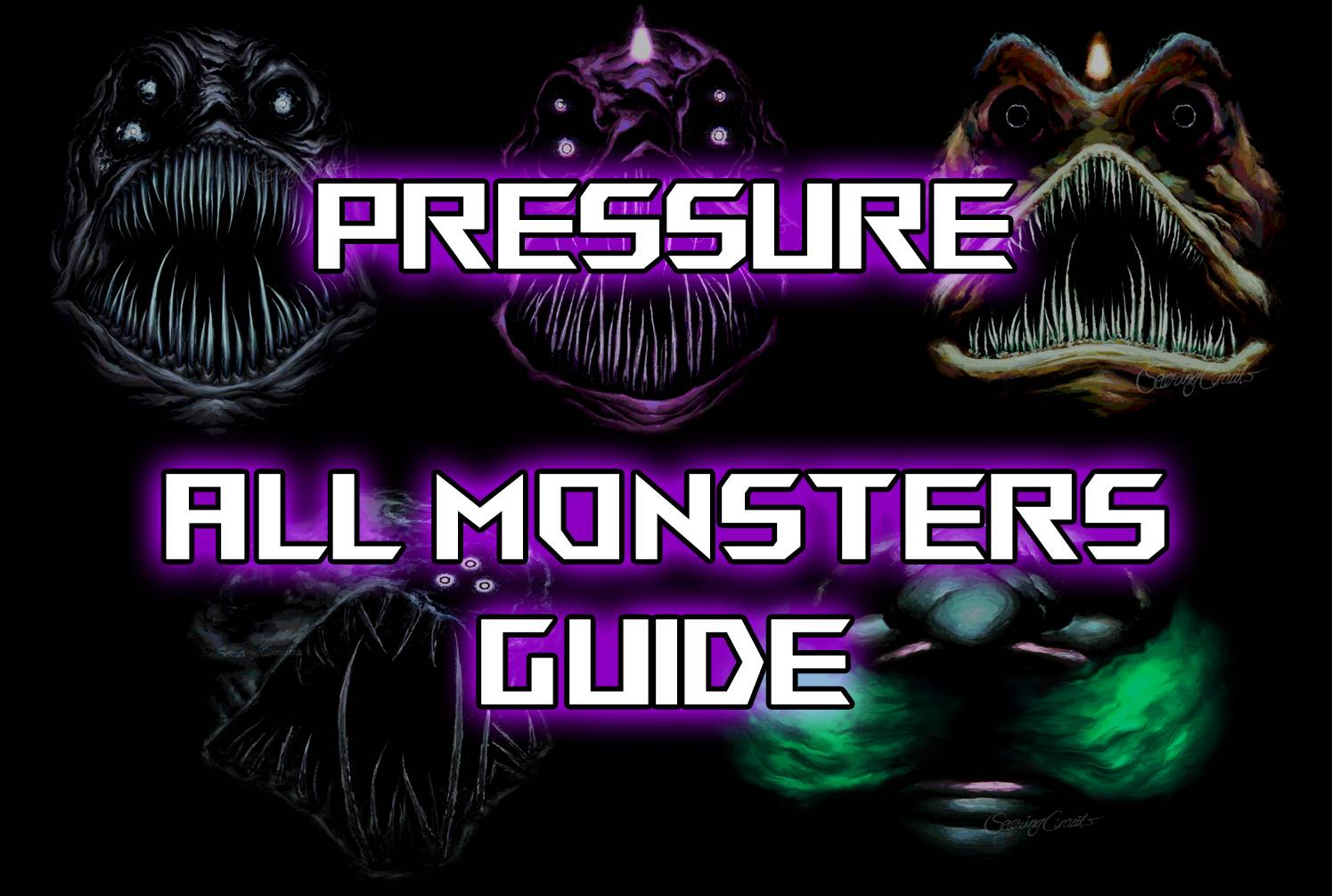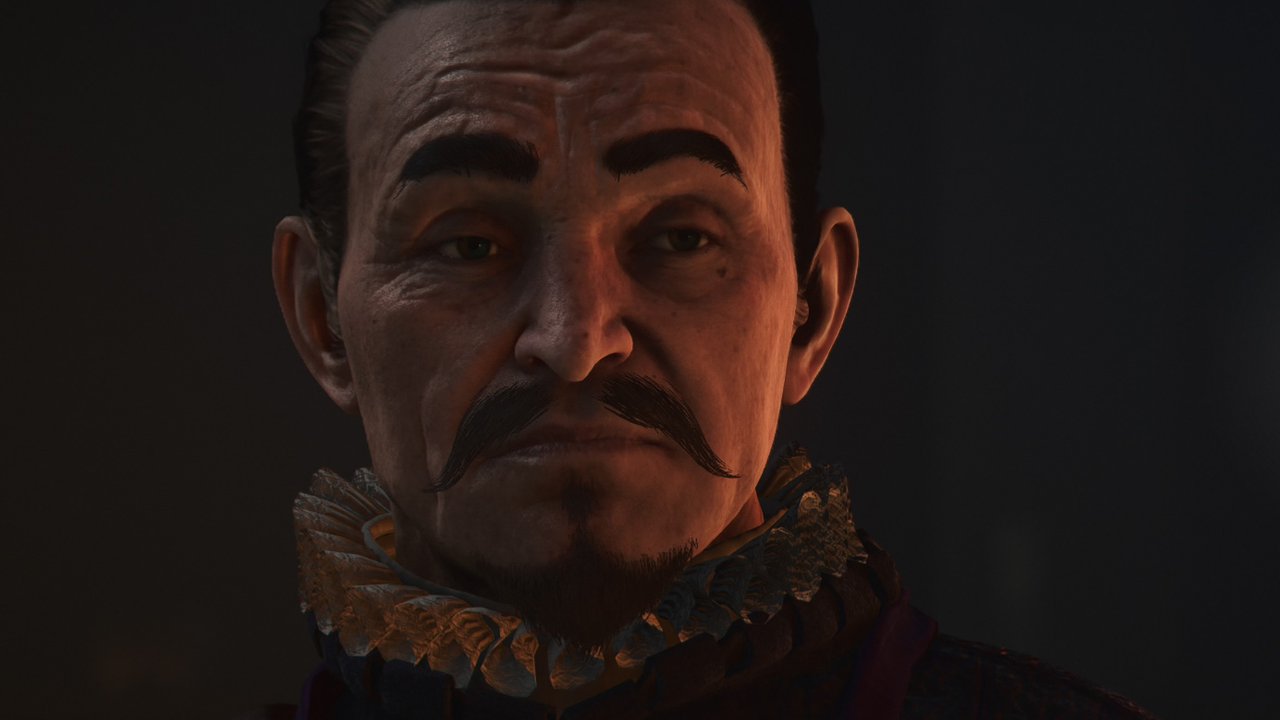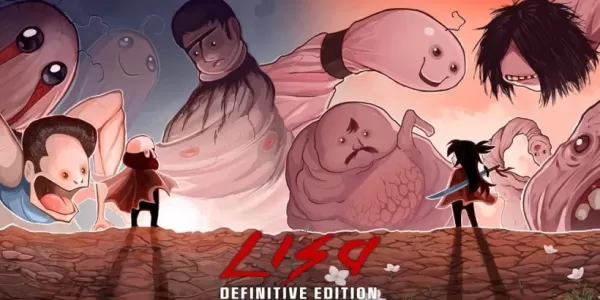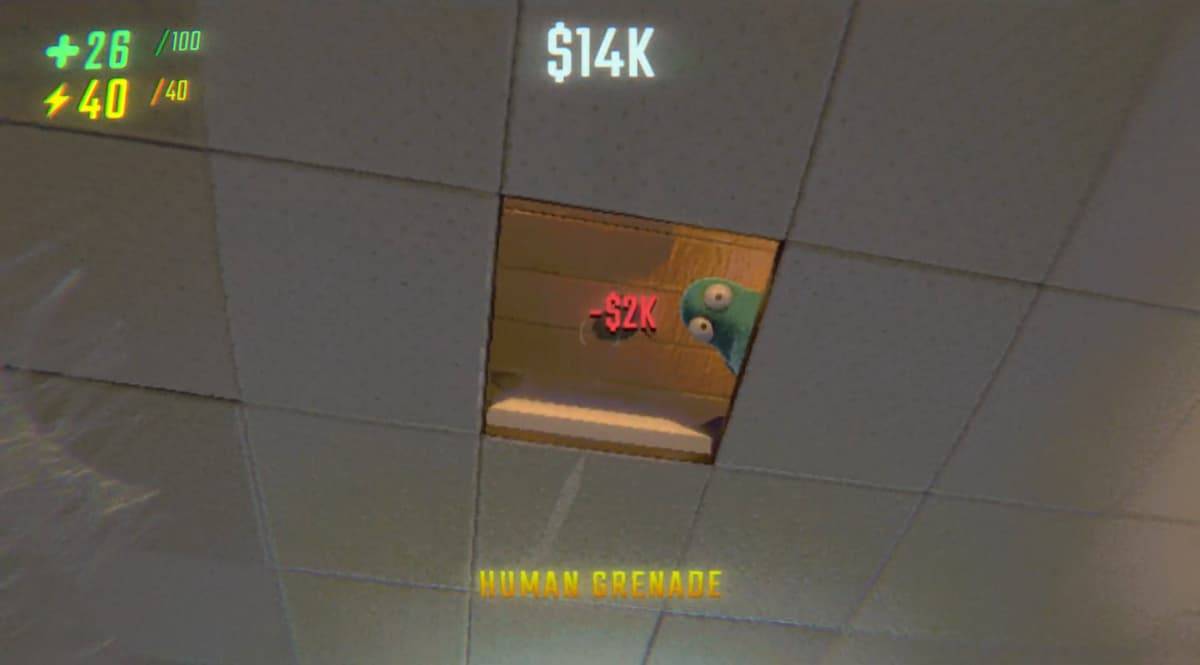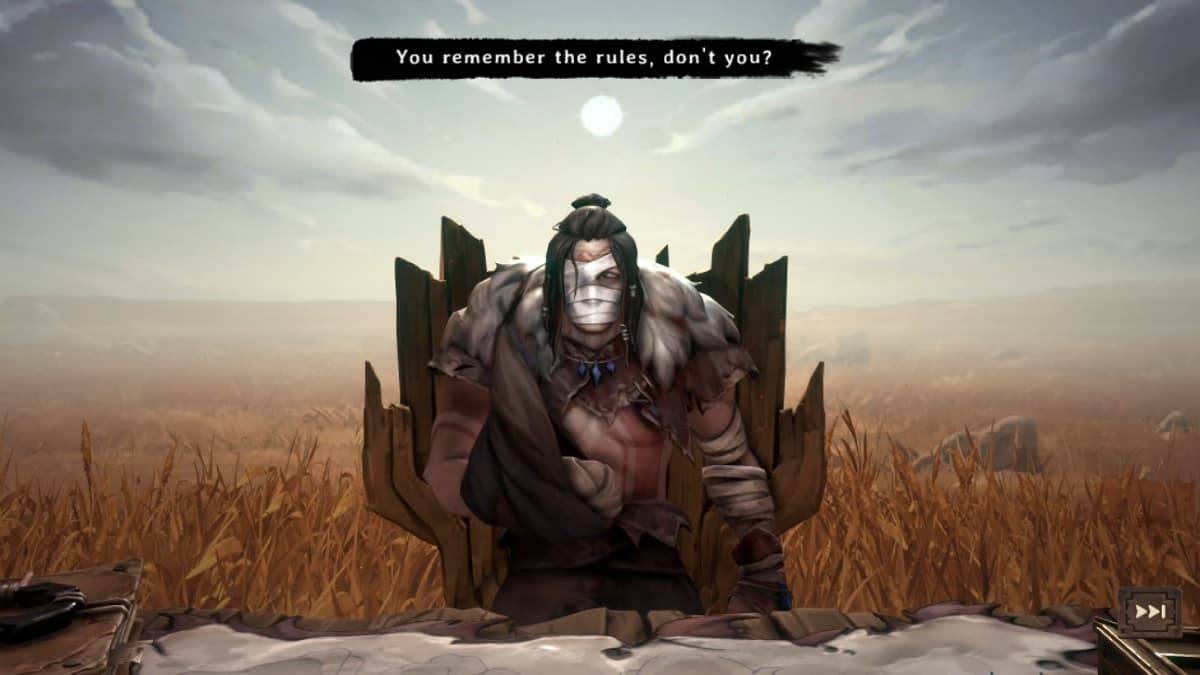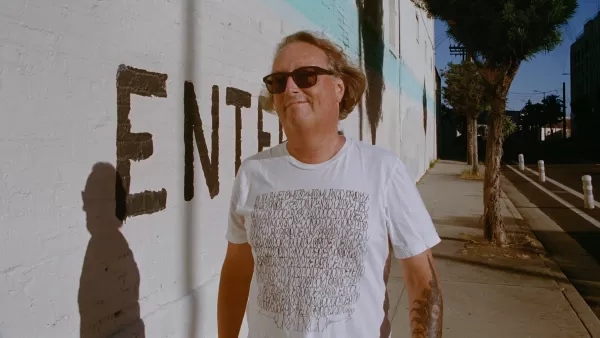

Marc Laidlaw penned 400 Boys in 1981 at age 21, years before becoming Valve's lead writer and a key architect of the Half-Life universe. Originally published in Omni magazine (1983), the cyberpunk short story gained wider recognition through Mirrorshades: The Cyberpunk Anthology. On his personal website, Laidlaw humorously notes this early work likely reached more readers than his Valve writing—aside from Dota 2 seasonal promotions.
The Unexpected Revival
Now adapted as an episode for Netflix's Love, Death & Robots Season 4, 400 Boys has undergone an unexpected renaissance after forty years. Directed by Robert Valley (Zima Blue, Ice) with script by Tim Miller and voice acting from John Boyega, Laidlaw's youthful dystopian vision finally gets its mainstream moment.
The story's genesis was remarkably simple: "Walking through Eugene, Oregon, I kept seeing band posters," Laidlaw recalls. "I wanted to invent cool names—so I created warring gangs as my excuse."
From Half-Life to Hollywood
Laidlaw officially "retired" from Valve in 2016 after shaping Half-Life's narrative legacy, though he clarifies his departure was more theatrical than absolute: "I think I retired too hard." While distancing himself from AAA gaming, he's embraced creative independence—whether composing music or watching his early literary work find new life.
The writer maintains cautious optimism about game narrative's evolution: "When Death Stranding released, I thought—does Kojima know I'm available?" Yet he's wary of becoming "the old guy shooting down ideas," particularly regarding Half-Life's future: "That chapter's closed."
Perhaps fittingly, Laidlaw's current creative satisfaction comes not from gaming's cutting edge, but seeing his pre-digital era work resonate decades later through new media. As he reflects: "I've been lucky to ride these cultural waves—first cyberpunk's rise, then gaming's revolution."





